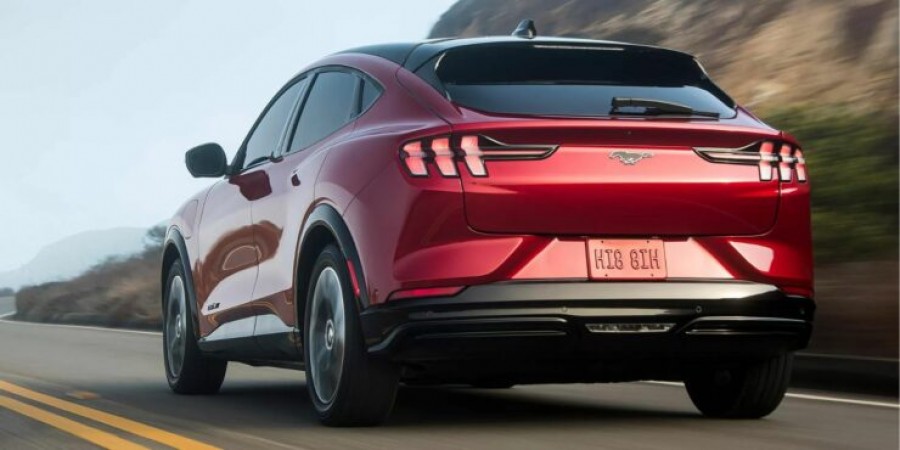
American automotive giant Ford has announced its strategic move to penetrate the Indian market, marking its entry with the introduction of the iconic Mustang Electric Vehicle (EV). The decision underscores Ford's commitment to embracing electric mobility and tapping into the burgeoning Indian automotive sector.
Ford's foray into India reflects its strategic imperative to expand its global footprint. India, known for its burgeoning automotive market and increasing inclination towards electric vehicles, presents a lucrative opportunity for Ford to establish a strong presence.
With the global shift towards sustainable transportation, Ford's introduction of the Mustang EV signifies its commitment to embracing electric mobility solutions. By leveraging the popularity of the Mustang brand, Ford aims to cater to the evolving preferences of Indian consumers towards eco-friendly vehicles.
The Mustang EV, known for its iconic design and powerful performance, holds significant brand recognition worldwide. By introducing the Mustang EV in India, Ford aims to capitalize on its iconic status to appeal to Indian consumers seeking a blend of style, performance, and sustainability.
The decision to launch an electric variant of the Mustang aligns with emerging trends in the Indian automotive market. With increasing awareness about environmental concerns and government incentives promoting electric mobility, Ford's move positions it strategically amidst evolving consumer preferences.
Entering the Indian automotive market poses both challenges and opportunities for Ford. The presence of established players and evolving regulatory landscape necessitates Ford to innovate and differentiate its offerings to gain a competitive edge.
One of the key challenges for electric vehicle adoption in India is the lack of robust charging infrastructure. Ford's success in India hinges on its ability to collaborate with stakeholders and participate in infrastructure development initiatives to support widespread adoption of electric vehicles.
To enhance its competitiveness and cater to the Indian market's preferences, Ford plans to explore localized production of its vehicles. Local manufacturing would not only help Ford mitigate operational costs but also enable it to offer competitive pricing to consumers.
Ford is likely to forge strategic partnerships with local entities to navigate the complexities of the Indian market effectively. Collaborating with local manufacturers, suppliers, and technology partners would facilitate Ford in streamlining its operations and meeting the unique demands of Indian consumers. Ford's decision to enter India with the Mustang EV underscores its commitment to embracing electric mobility and tapping into the burgeoning Indian automotive sector. By leveraging the iconic Mustang brand and aligning with emerging trends, Ford aims to establish a strong foothold in India's rapidly evolving automotive landscape.
Here's How Google Offers 300% Salary Hike to Retain Employees Amidst Tech Layoffs
Major Boost for Karnataka: Air India, Tata Advanced Systems to Invest Rs 2,300 Cr, Create Jobs
Indian Navy Chief Inaugurates Nibe Defence and Aerospace Mfg Plant in Pune